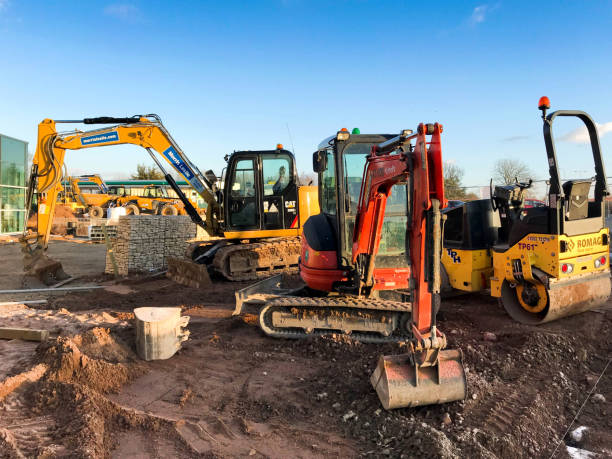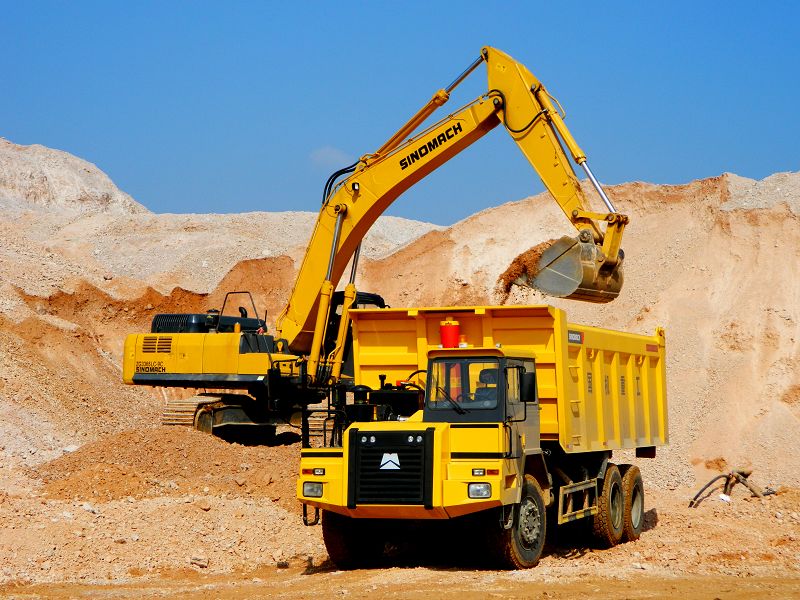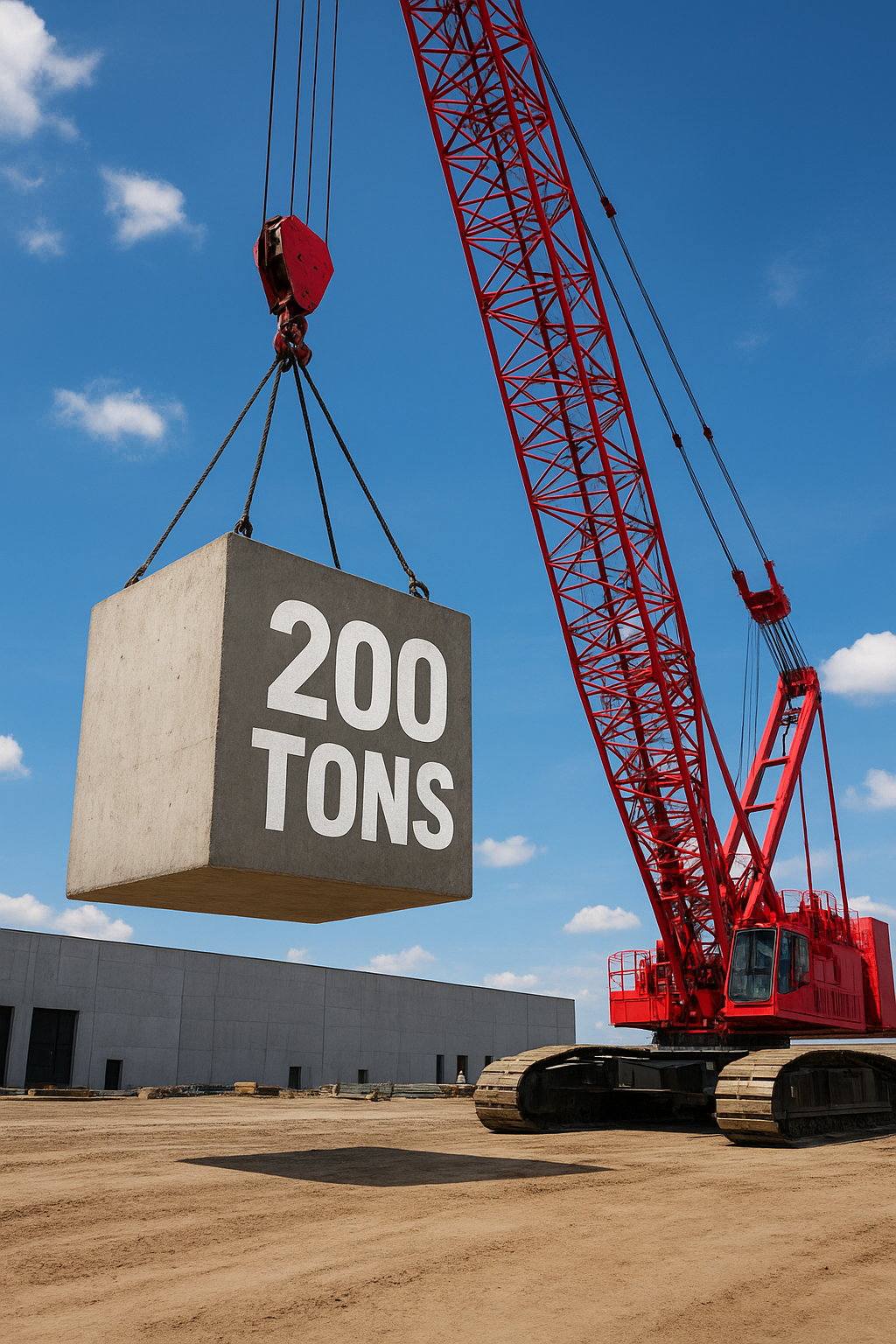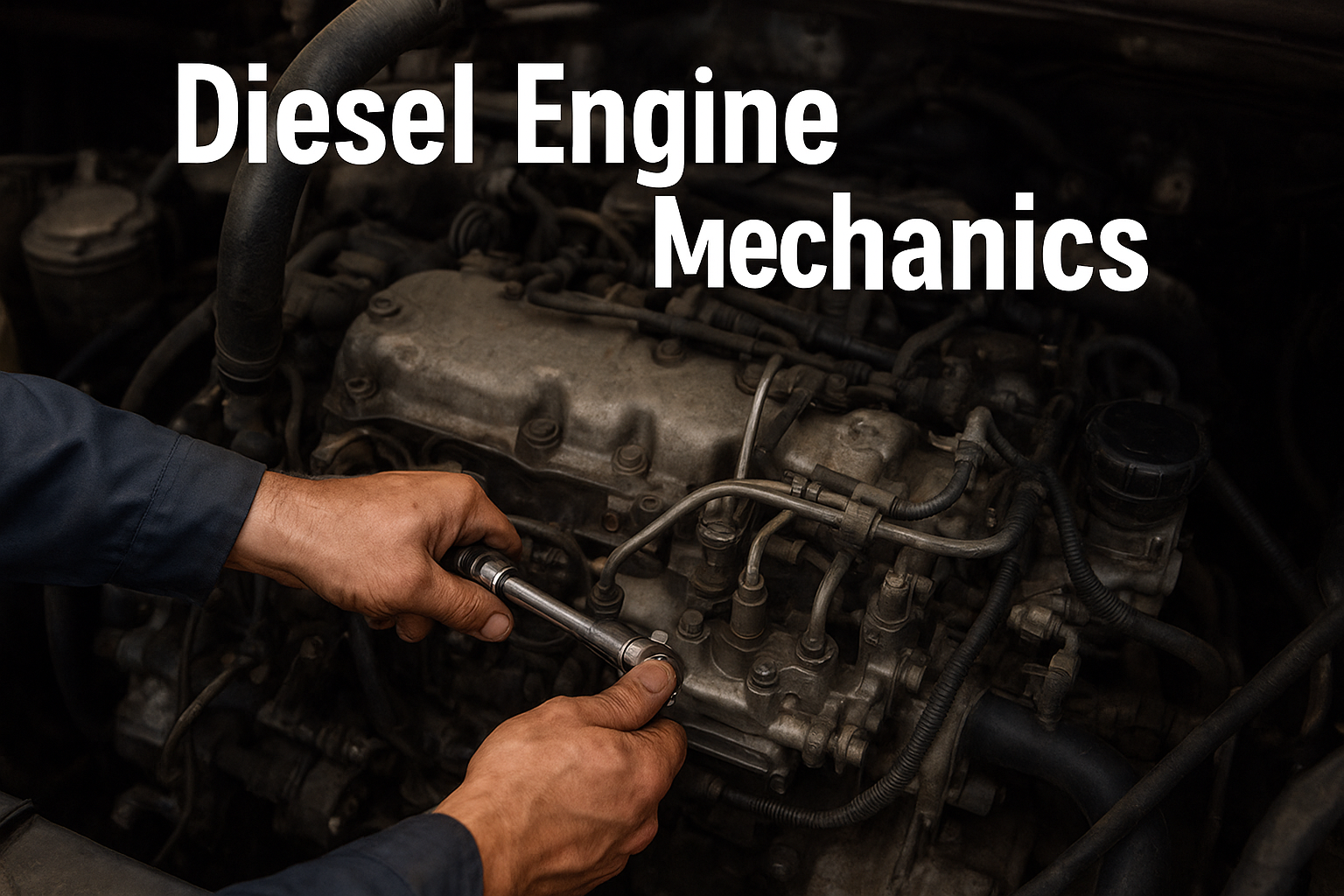5 Key Gains: Mini vs Full Equipment UG
Mini equipment training in Uganda focuses on small machines such as forklifts and mini cranes, with short, affordable courses (1-2 weeks) designed for logistics and warehouses.
Full-size training focuses on large machines such as excavators, graders, and heavy cranes, necessitating longer, more expensive courses (2-4 weeks+) in construction and mining. The choice is based on career goals: mini for specialized, confined jobs, full-size for large-scale projects.
Why This Matters to You?
Heavy equipment operating is a highly demanded skill in Uganda’s construction, mining, and infrastructure sectors.
Companies in Kampala, Gulu, Mbale, Mbarara, and even in Rwanda, DR. Congo, South Sudan and more are actively seeking qualified operators.
But before you get excited and rush to any training centre, you need to understand the two training paths:
• Mini Equipment Training
• Full-Size Equipment Training
Each path has its own benefits, costs, and long-term effects.
What is Mini Equipment Training?
Mini equipment refers to compact machines like mini excavators, mini loaders, skid steers, and small backhoes. These machines are lighter, easier to move, and generally safer for beginners.
Why People Choose Mini Training First
• Low Cost – Mini courses are cheaper, making it easy for students with a tight budget.
• Faster Learning Curve – The machines are small and easy to understand.
• Safety – Beginners are less likely to cause serious damage while practicing.
• Early Placement – Training centers usually help students get small contracts quickly.

A mini-equipment course allows you learn practical skills within Two weeks and get a proof of training that you can use to apply at small construction sites.
Within one month, you’ll make back the money. This is why mini training is popular for new and low-income learners.
What is Full-Size Equipment Training?
Full-size equipment training deals with large-scale machines such as bulldozers, graders, big excavators, cranes, dump trucks and wheel loaders.
Why People Choose Full-Size Training
• High Income – Operators of full-sized machines are paid more.
• Industry Demand – Big companies prefer fully trained operators.
• Professional Recognition – Having full-size training places you ahead of others.
• Long-Term Growth – The skills can open doors in road construction, mining, and mega projects like oil and gas.
| Category | Mini Equipment Operator (e.g. forklifts, small loaders, mini-excavators) | Full-Size Equipment Operator (e.g. graders, bulldozers, excavators, cranes) |
| Average Monthly Salary (Entry-Level) | UGX 450,000 – 700,000 | UGX 800,000 – 1,500,000 |
| Average Monthly Salary (Experienced) | UGX 800,000 – 1,200,000 | UGX 1,800,000 – 3,000,000+ |
| Common Worksites | Warehouses, logistics yards, small construction projects | Road construction, mining sites, dams, large-scale projects |
| Job Availability | Moderate (especially in logistics & small contractors) | High demand in large construction & government projects |
| Overtime Pay / Allowances | Often limited | Frequent (fuel, risk, accommodation, meal allowances) |
| Career Growth | Limited (may need upgrade to bigger machines) | High (can specialize in cranes, graders, excavators, etc.) |
After the training, you’ll try to apply at any road construction company and start earning per month. Within the first month you’ll recover your investment.
That is the power of full-size training.
Mini vs Full-Size: Head-to-Head Comparison
| Feature | Mini Equipment Training | Full-Size Equipment Training |
| Cost | Low | High |
| Learning Curve | Easy | Moderate to Hard |
| Safety Level | Very Safe | Requires strict guidance |
| Duration | Short (1–2 weeks) | Longer (3–6 weeks) |
| Starting Salary | 400k – 700k UGX/month | 1.5M – 3M UGX/month |
| Job Opportunities | Small contractors | Big contractors, government |
| Career Growth | Slow/Moderate | High |
So, Which One Should You Choose?
The honest truth is this:
• If you have low funds, and need to enter the industry quickly, start with mini equipment training.
• If you want higher income and long-term stability, and can afford a slightly higher investment, go straight to full-size equipment training.
• If the money isn’t enough for full-size at the moment, start with mini…and plan to upgrade later. Many successful operators in Uganda started small and eventually trained in full-size machines.




